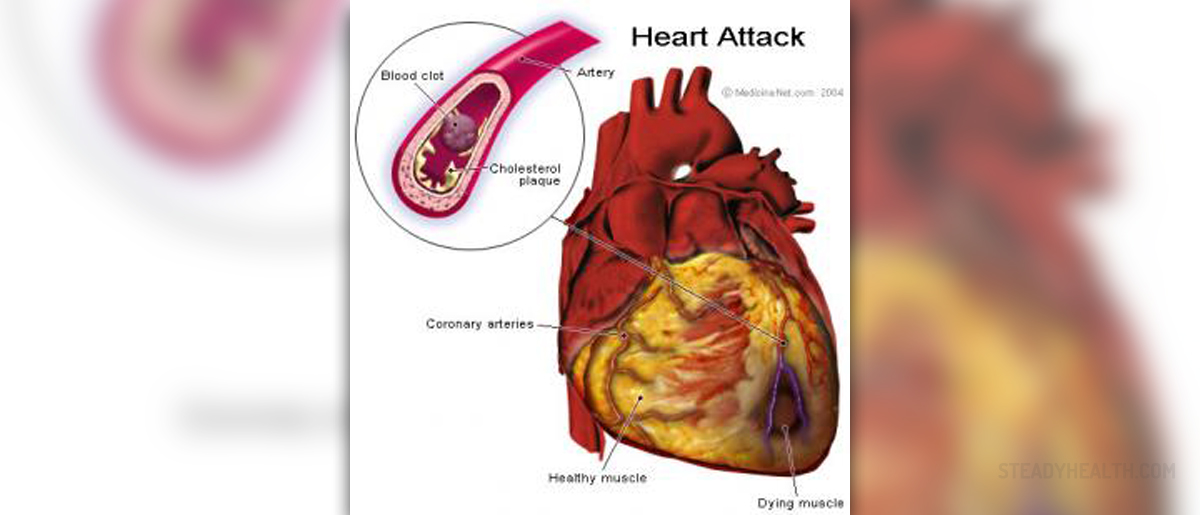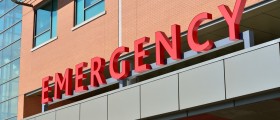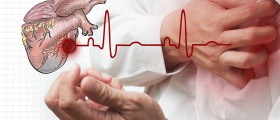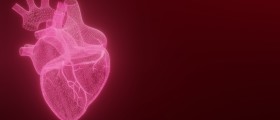
Heart attack, medically known as myocardial infarction or acute myocardial infarction, is defined as an interruption of blood supply to a part of the heart. As a result, heart cells die, destroying or damaging a part of the muscle. Heart attack is often a fatal condition. However, most of the patients who recognize classical symptoms of heart attack, due to improved treatments, will have great chances to survive. Unfortunately, symptoms of heart attack are often mistaken for other acute medical conditions and approximately one quarter of all heart attacks are "silent", and do not show any symptoms. Moreover, symptoms of heart attack may differ in men and women. Both sexes can experience classic signs of heart attack, as well as the atypical symptoms.
Symptoms of heart attack in menClassic symptoms of heart attack are most common in male population. One of the first and the most prominent symptoms is a pressure in the center of the chest. The pressure is described as a feeling of fullness or squeezing sensation accompanied with pain that lasts more than a couple of minutes. Pain usually radiates to the broader area and affects shoulders, arm, back and sometimes teeth and jaw. The episodes of chest pain are usually increasing and there is the prolonged pain in the upper abdomen. Patients usually have short breath, excessive sweating, dizziness, nausea, chills, sweating or a weak pulse. Men more commonly report right-side chest discomfort and dull ache. They also more often complain about indigestion. An interesting fact is that men are five times more likely than women to recognize their symptoms as being related to heart attack.
Causes of heart attack
Heart attack is one of the leading causes of death in both sexes. It occurs when one or more arteries, which supply oxygenated blood to the heart, become narrowed or blocked. The process of narrowing and blocking the arteries is related to the gradual buildup of fatty plaques, which accumulate on the arterial walls during many years. In heart attack, these plaques usually rupture, and blood clot forms on the site of the rupture. The clot blocks the blood flow, restricts the blood supply and provokes an oxygen shortage. In rare cases, heart attack occurs as a spasm of a coronary artery, commonly caused by drugs such as cocaine.
It is extremely important to seek immediate medical help if the symptoms of the heart attack are obvious. Every minute counts during the heart attack, and time can make a difference between life and death. Delaying seeking medical help can lead to cardiac death, in many cases.

















Your thoughts on this
Loading...